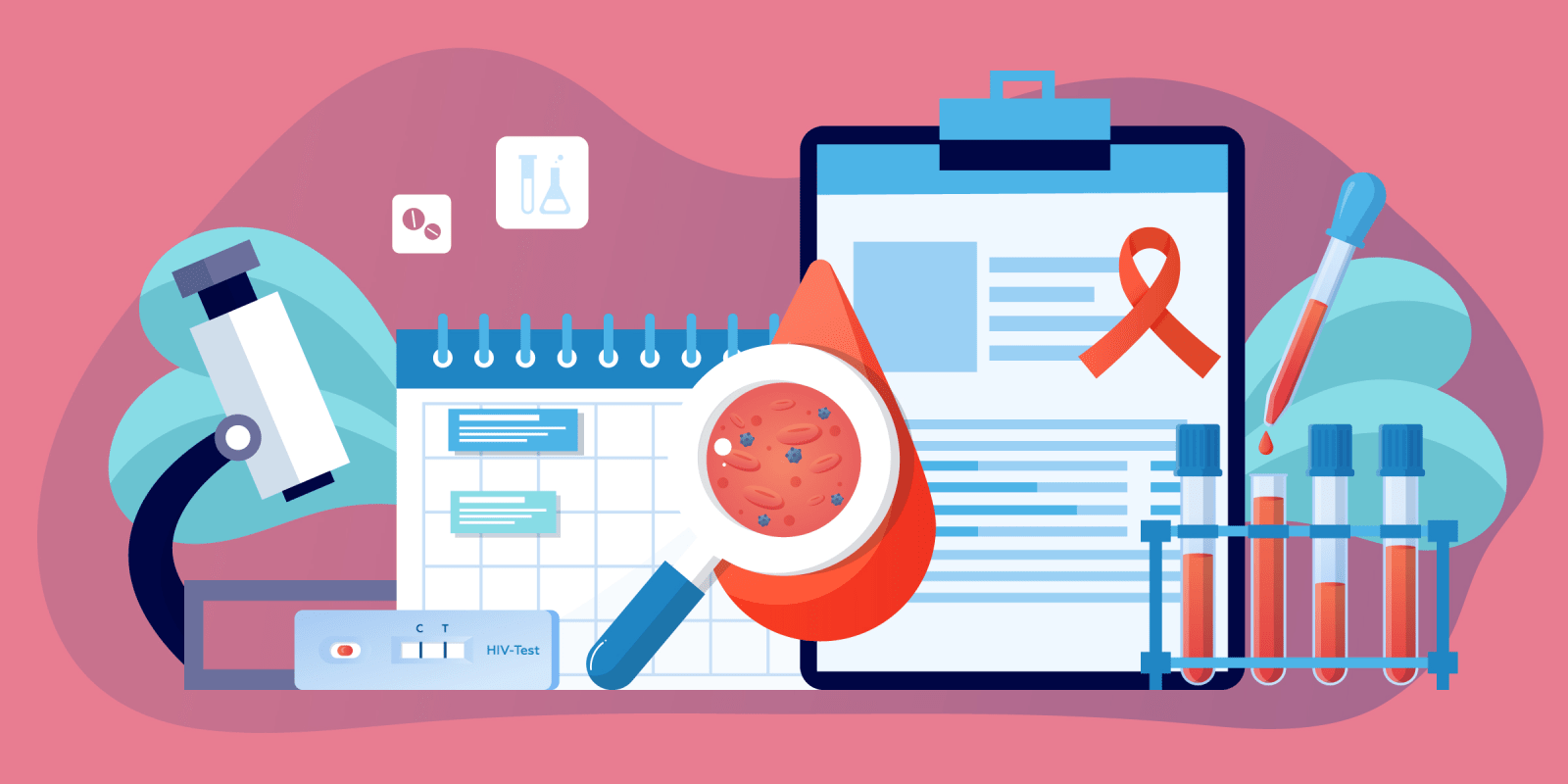IAS 2021, the 11th IAS Conference on HIV Science, took place in Berlin on a virtual platform from July 18-22, with more than 6,000 international participants. The agenda was an inspirational one, reflecting on 40 years since the first five cases of what later became known as AIDS were officially reported by the CDC’s “Morbidity and Mortality Weekly Report.” These 40 years have been defined by pain, suffering, death, hardship, and stigma, coupled with innovation, advocacy, support, creativity, and teamwork. IAS brought together leadership, clinician-scientists, global health experts to look back on the past years of progress, reflect on the parallel pandemics of HIV and COVID-19, and look forward to new directions in novel strategic approaches to treatment, prevention, cure, advocacy, and access.
The opening session began with welcome remarks from IAS President and IAS 2021 International Co-Chair Dr. Adeeba Kamarulzaman, Local Co-Chair Dr. Hendrik Streeck, and Federal Chancellor of Germany Angela Merkel, followed by a panel discussion, including Dr. Anthony Fauci from the NIH to discuss the impact of these two pandemics on world populations.
A primary focus at IAS this year was the dual pandemics of COVID-19 and HIV and the importance of remembering HIV as a significant public health threat, even with the ongoing COVID-19 pandemic. Data demonstrated the impact of COVID-19 on HIV treatment interruption and the impact of HIV on COVID-19 outcomes. Many reported on stigma, discrimination, and limited access for people with HIV. As more studies demonstrate that people with HIV-1 are at risk of severe COVID-19, people with HIV-1 must be prioritized for vaccine eligibility as more countries extend vaccination to all individuals.
Other vital topics included advances in prevention through preexposure prophylaxis, scaling up U=U (someone whose viral load is undetectable is untransmittable), implementation of population-based interventions, and personalized care in the integration of services for people with HIV, improving service delivery as detailed in the WHO-consolidated HIV guideline, and updates on cure strategy in expanding understanding of the reservoir, cellular and viral determinants of rebound. Live Twitter commentary from @tristanjbarber and @drlaurajwaters made the conference accessible for those on social media.
The conference ended with a closing session with Dr. Kamarulzaman, Dr. Streeck, and WHO Director-General Tedros Adhanom Ghebreyesus, calling for optimism and health through teamwork, scientific advancement, political coalitions, and public health advocacy. IAS 2022, the 24th International AIDS Conference, will occur in Montreal, Canada, and virtually from July 29 to Aug. 2, 2022.
Dr.Talia Swartz is employed by the Icahn School of Medicine at Mount Sinai and has received the following grants: NIH R01DA052255, NIH R21AI52833, and ViiV Healthcare 213490
Image by Julia Lazebnaya / Shutterstock







